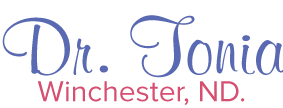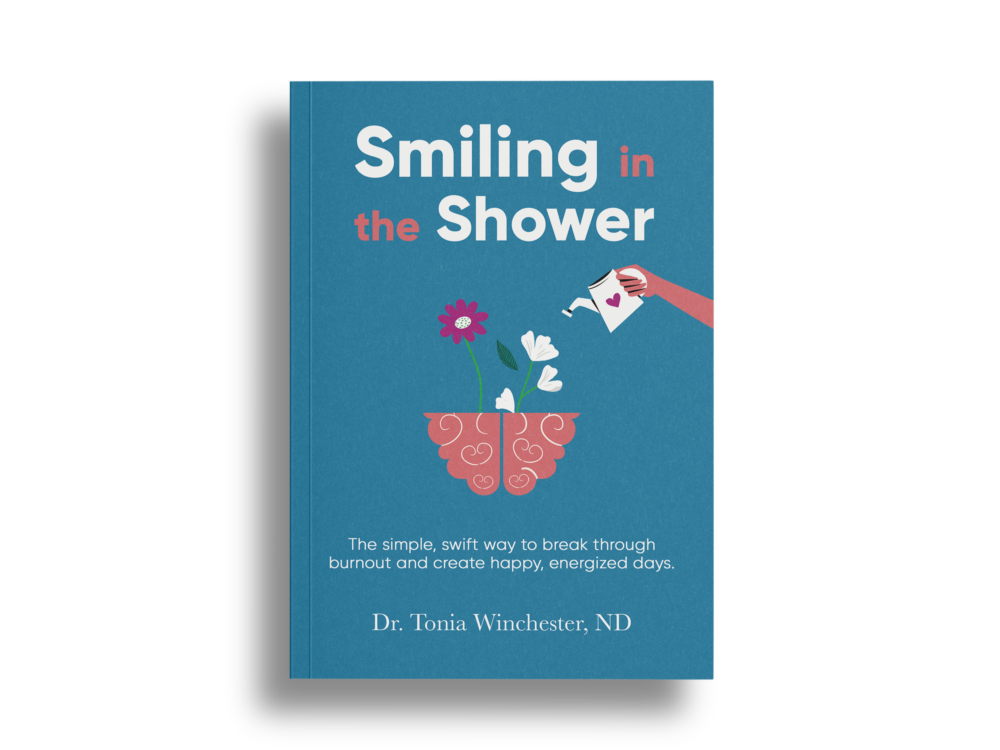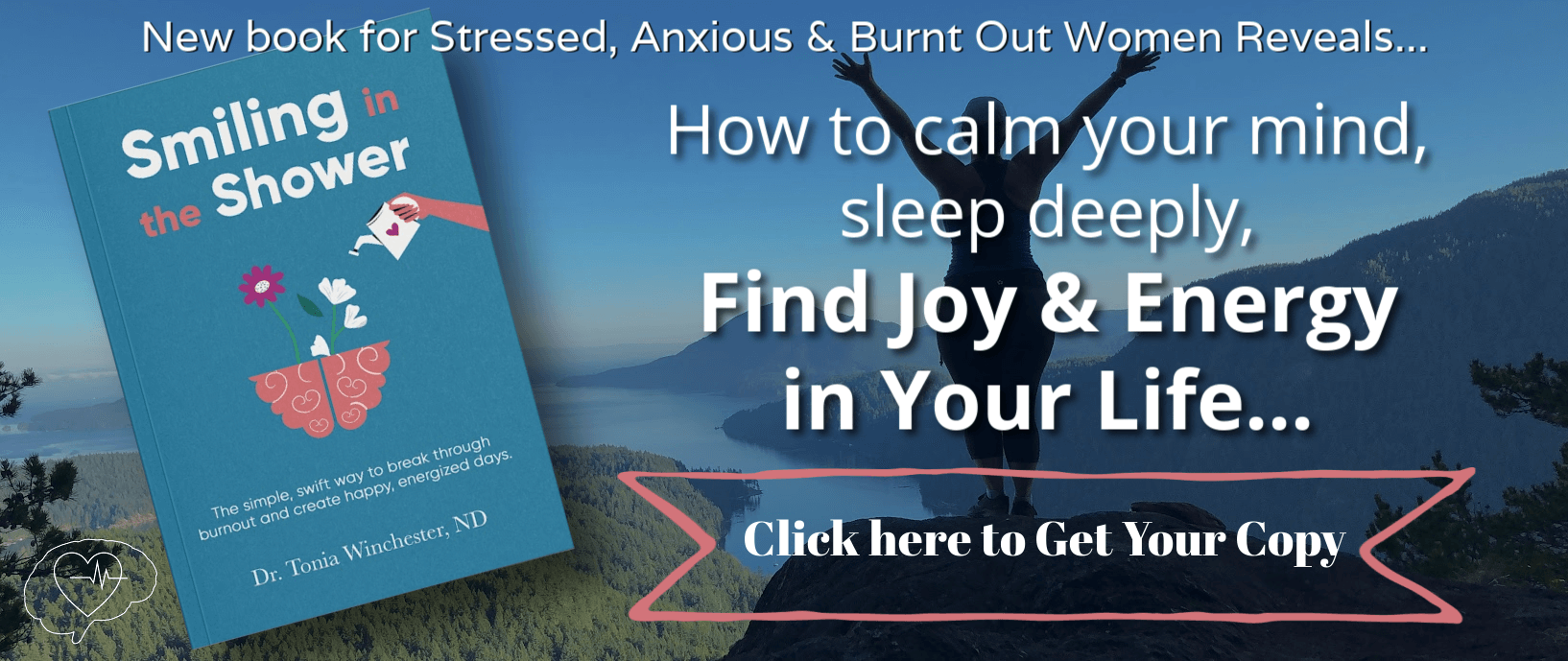 I’ve worked with a lot of people who are depressed, both in my personal life and in my professional practice. Depression comes in many forms. Sometimes it is circumstantial, sometimes it’s biochemical.
I’ve worked with a lot of people who are depressed, both in my personal life and in my professional practice. Depression comes in many forms. Sometimes it is circumstantial, sometimes it’s biochemical.
For many people, for many reasons this time of year is particularly emotionally hard.
If you have suffered, are suffering, or watching those you love suffering with depression, you know how devastating and debilitating it is.
Like all symptoms, those associated with depression are signals that something internally or externally needs your attention or needs to change.
Some of the symptoms of depression, which needs to be present for 2 or more weeks, include:
- Feelings of helplessness and/or hopelessness
- Loss of interest in daily activities ** this is particularly telling.
- Appetite and/or weight changes
- Oversleeping or under sleeping
- Anger or irritability
- Decreased energy
- Self-loathing
- Reckless behavior.
Dr. Mark J. Berber, a psychotherapist describes specific cognitive patterns and types of negative self talk that predispose one to depression.
The acronym for these patterns is BADMOODS (Tweet it):
B – Black and white thinking
A – “Awfulizing”
D – Discounting the positives
M – Maximizing the negatives
O – Over-generalization
O – Overestimating likelihood of negative outcome
D – Demanding
B – Self-blame event.
In Chinese medicine depression relates to a disturbance in the shen or mind, which is related to the heart energy channel.
Commonly poor sleep quality and quantity precedes lowered moods.
Interestingly many of the anti-depressant drugs bolster serotonin, preventing the deep, restorative stages of sleep that are so necessary, and already deficient. The patients finds themselves with a flat affect and even lower energy.
There also seems to be a pain component which, in addition to preventing joy-causing activities, can interrupt sleep.
To add further insult to the lowered mood, energy and social connection, there is a lot of stigma around mental illness in general. People tend not to understand it, nor do they know how to talk about it or support those suffering.
It’s time to shine a light on this.
And thankfully depression responds favorably to natural interventions. Or so says my experience.
I will typically recommend some or all of the following to treat depression naturally:
Fish oil in a specific ratio of 6:1 of the two fatty acids: EPA:DHA
Vitamin D in a liquid form or gel cap, at least 2,000 IU per day
Food Allergies I suggest testing and avoiding food allergies and sensitivities because of the potent neurotoxic effects of these foods
Protein Powder is valuable to help promote neurotransmitter production. Get a high quality whey (if you tolerate it) or brown rice protein powder. Make sure you’re getting enough protein, in general.
Exercise even though you feel like you don’t have the energy or motivation. Thirty minutes of exercise 4 times per week is equal or better than drugs or therapy.
Deep Breathing especially before bed. This triples your melatonin while you sleep. You need restorative sleep. Remember poor sleep often precedes depression.
Practice Gratitude by keeping a journal every day of the things that you appreciate in your life. This exercise seems benign and woo-woo but it does change biochemistry in a positive way.
Incorporate More Veggies to create more positive biochemical changes.
Emotional Freedom Technique Check out videos on this fangled interwebby thingy and just tap along.
Get help. I find depression responds particularly well to Brain-Based Transformational Coaching.
Don’t give up. There’s hope. You don’t have to suffer.
To your delightful life,
Dr. Tonia
P.S. I’m curious… what would feel like a miracle for you in 2015?









Yay google is my king assisted me to find this great site!